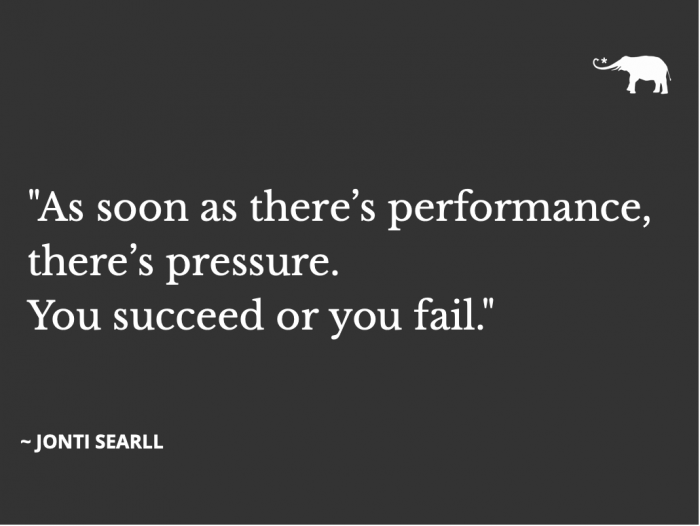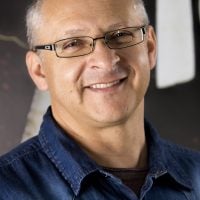I work a lot with men who experience “performance” issues.
And that’s a big part of the problem—it’s not a performance.
It’s not a race, a competition, or an achievement. It’s not something you have to make happen.
As soon as there’s performance, there’s pressure. You succeed or you fail. And in that, there is no space for pleasure. There’s no place for intimacy. There’s no room for presence.
Performance has resistance, in the mind, the body, and the heart. It’s hard, and it becomes a difficult path.
Sexual performance is based on an external judgment, someone else’s idea of how long, how big, or how hard. And so much of that is based on a porn model, a fantasy, an illusion that keeps you from amazing pleasure.
Even porn itself, where so much of the way we look at sex, especially men, comes from, is about performance rather than pleasure.
There is another way: to soften. To soften into ourselves, into pleasure.
And what’s so interesting is that when we follow this path, things change, naturally. And what we change lasts. Connecting with our authentic sexual selves, which has the inner knowing of how to be, creates a relationship with ourselves that’s around, about, on, and in pleasure.
It’s knowing that our sexuality is in our bodies, hearts, minds, and our energy.
When we look at it one-dimensionally, which we often do, we ignore huge parts of ourselves.
We take a pill, have an injection, maybe talk a little bit about it. But it’s only when we bring all the aspects of ourselves together that something can change.
There’s a powerful reframing that can see this as an amazing opportunity to explore ourselves and learn about who we are as sexual beings:
What do we think about sex, pleasure, our bodies, and genitals?
How can we be, and what can we do?
What we can learn, expand on, and discover?
It’s an inner journey. It’s not about a partner, he or she. It’s not about what they will or won’t do. It’s not about acting any fantasy out. It’s not about any particular sexual experience. It’s about us. Who we are as sexual beings, and how we are as sexual beings. And more than anything else it’s about the biggest disconnect we’ve experienced as men—from our hearts.
That’s the key.
All the other stuff we do on healing journeys is important: the ideas and principles we talk about, shifting perspectives, meditations, visualizations, breathing, and the bodywork. And it’s all connected to the heart.
I love teaching all that stuff. I love the understanding the practices bring. I love the experiences and the journeys they take us on. I love the feelings and sensations they bring us to. And really, they’re all about connecting us to ourselves.
Yes, they’re important. We heal our sexuality in the heart more than anywhere else.
There’s no performance in the heart, only love. There’s no pressure in the heart, only love.
When we are in our hearts, when our lingam and heart are connected, when energy is flowing, our bodies know exactly, amazingly, what to do.
More and more on this journey I see the simplicity of this connection.
How we get there, us being us, with these complex minds, bodies, pasts, experiences, memories, patterns, conditioning, expectations, all the things that make us who we are, is not so simple.
And yet, simple. The more we’re in our hearts, the more the healing happens. The more we see, feel, and know pleasure, the less we have to perform. And our bodies change.
I’ve seen it, and I see it more and more.
For so many men, until we realize it, sex is about control. And a part of that is controlling our bodies. The more we try and control our sexual response, what our bodies are doing, the more anxiety, the more struggle, the more judgment, and the more things like shame and embarrassment arise within us.
Stop trying to be a performer—be a lover, a pleasure being.
It flows from there, beautifully and naturally.

 Share on bsky
Share on bsky





Read 1 comment and reply